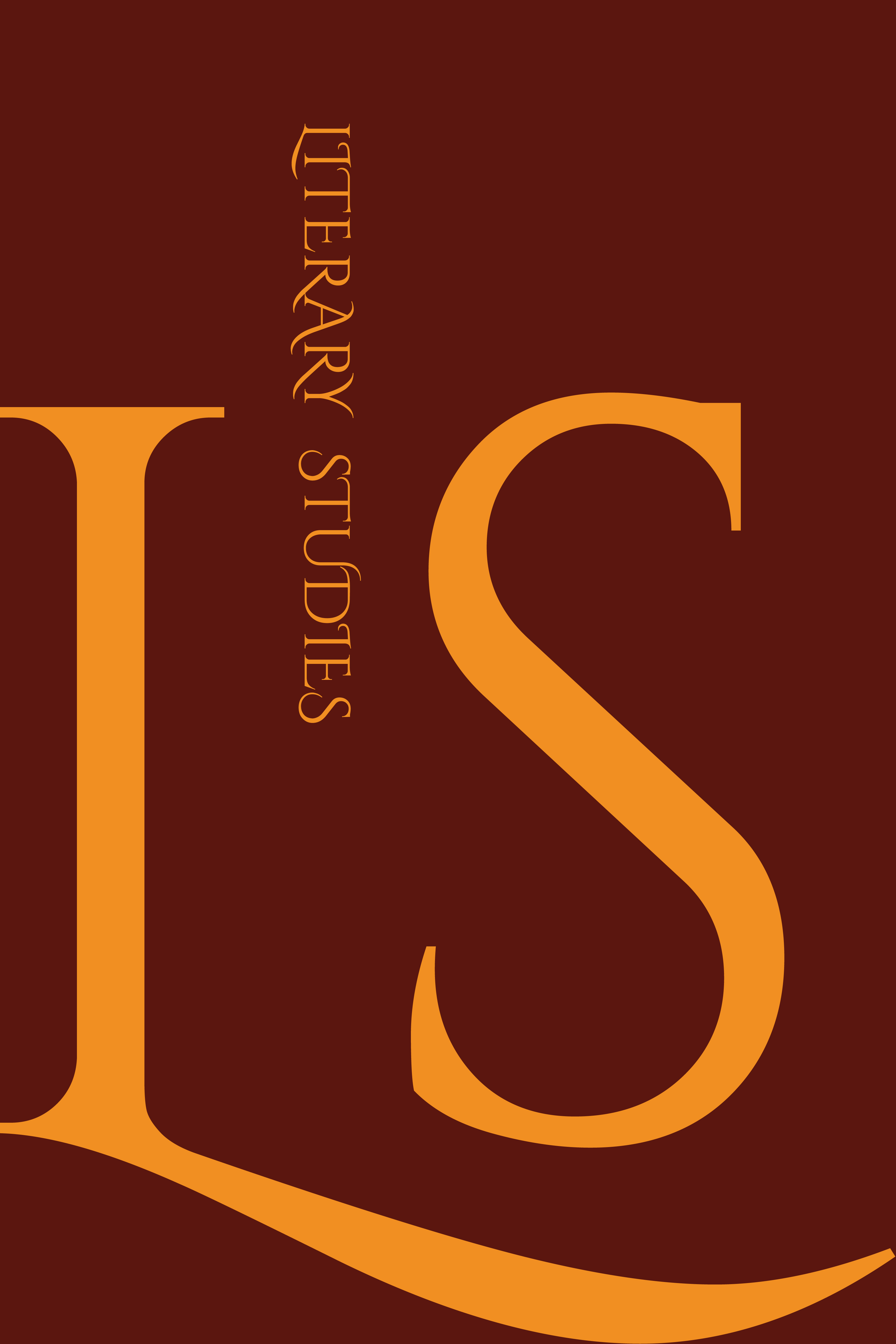Author :
Abstract
Eser, bir önsöz (5) ve beş bölümden oluşmaktadır. Önsöz bölümünde (5-18) çalışmanın genel hatlarıyla amaç ve öneminden bahsedilmekle birlikte kapitalizmin doğuşunun nedenlerinin toplumsal ve ekonomik sistemlerde değil, toplumun ahlaki ve inanç değerlerinde aranması gerektiği anlatılmıştır. Kapitalizmin açıklamasını yapan Weber, kapitalizmi mübadele-değiş/tokuş sistemini temel alan, hukuk kuralları ile şekillenmiş fırsatlar sistemi (8) olarak tanımlamaktadır. Bu bağlamda Protestanlık ahlak anlayışının habeist (sahip olma güdüsü), verimlilik ve rasyonellik gibi değerleri aşıladığını ifade eden Weber, Kapitalizmin sadece aşırı kazanma hırsı açıklanamayacağını belirtmektedir. Yazara göre kapitalizmin ruhunu oluşturan temel dinamik ise, Protestan ahlak öğretisidir. Bu durumu ispatlamak için örneklemler sunulmuş, ticaret yapan, sermaye sahibi, çalışan ve eğitimli toplumsal sınıfın büyük bir çoğunluğunun Protestan olması gösterilmiştir. Yazar, akademisyenlerin, bilim insanlarının, sermaye gruplarının ve işverenlerin Protestan olmasının tesadüf olmadığını ifade etmiştir.
Keywords
Abstract
The work consists of a preface (5) and five chapters. In the preface section (5-18), although the purpose and importance of the study are mentioned in general terms, it is explained that the causes of the birth of capitalism should be sought not in social and economic systems, but in the moral and religious values of society. Weber, who explains capitalism, defines capitalism as a system of opportunities based on the exchange-exchange / exchange system, shaped by the rules of law (8). In this context, Weber, who states that the moral understanding of Protestantism instills values such as habeist (the motive of ownership), efficiency and rationality, states that capitalism cannot be explained only by the ambition to win excessively. According to the author, the main dynamic that constitutes the spirit of capitalism is the teaching of Protestant morality. Examples have been presented to prove this situation, and it has been shown that the vast majority of the social class that trades, owns capital, works and is educated is Protestant. The author stated that it is not a coincidence that academics, scientists, capital groups and employers are Protestants





